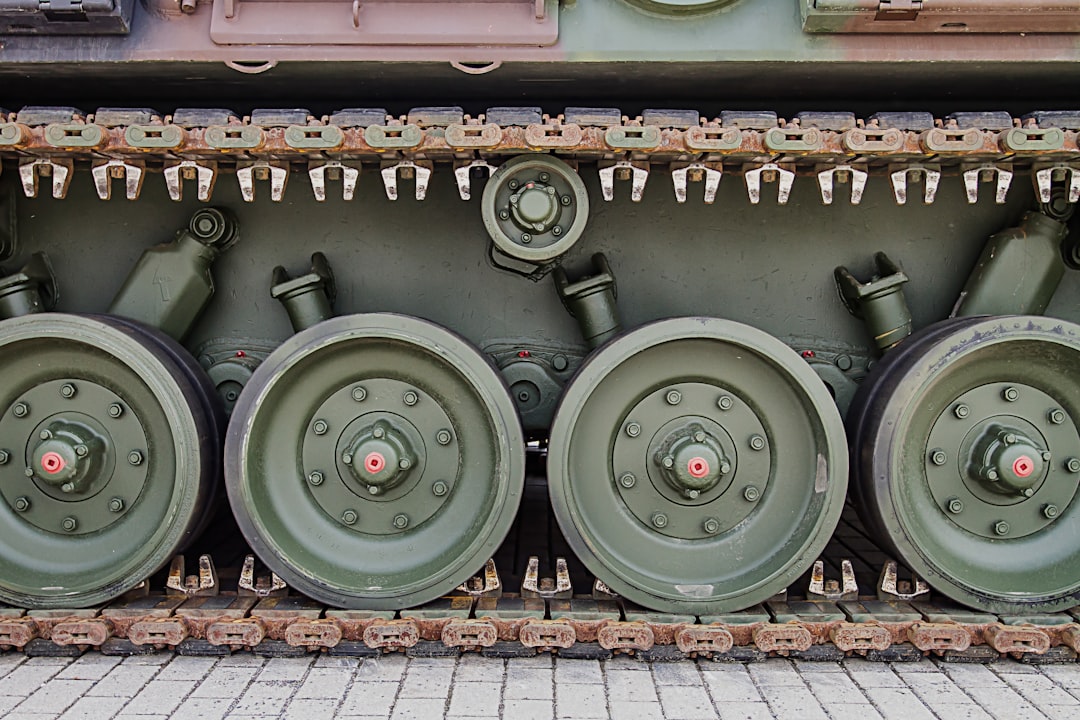Why the tank deal is smart for Germany

So - at last - we have our answer, folks.
Germany is sending 14 modern battle tanks to Ukraine and has formed a partnership with other European countries to provide enough tanks for the Ukrainians to build two battalions (roughly 90 tanks).
The word “historic” is overused in politics, but it seems appropriate today. A year ago Germany was the subject of international ridicule for offering to supply Kyiv with helmets. Today, it is coordinating delivery and training on the most advanced tanks its industry has ever built.
Many expected that a reluctant Olaf Scholz would finally cave in to international pressure by sending Kyiv dusty, Cold War-era Leopard 1 tanks while handing out export licences that let other countries take the risk - i.e. doing the bare minimum.
Today’s statement is a rebuke to those critics. By delivering tanks from the Bundeswehr’s own stores, Scholz is ensuring that modern battles tanks will arrive in Ukraine as quickly as possible.
He is also taking a risk with Germany’s own defence. Soldiers have said that the missing tanks will increase concerns that the military is incapable of defending itself.
This all seems very un-Scholzian. He is supposed to be the chancellor who believes in minimal risk and minimal reward. Or, in the words of the Süddeutsche Zeitung, “the Chancellor who is driven by fear.”
Well, there is another reading of what has happened behind closed doors over the past week as western capitals negotiated the tank deal.
In this reading, Scholz wasn’t hesitating, he was showing nerves of steal in a game of chicken with the White House. While the international media laid into him over his supposed hesitancy, he was holding out for a deal which also involved the US.
Washington was reluctant to agree to this. Officially, it insisted its Abram tanks would be useless on the battlefield in Ukraine because of their weight and the fact that they are high maintenance. But, the suspicion in Berlin is that the US was just as reluctant to take this next step on the scale of escalation as the Chancellery was.
In the end, Scholz’ stubbornness paid off. The US conceded and agreed that it would send a battalion of its Abram tanks.
A report in Die Welt newspaper this morning, which praises the Chancellor’s “coup”, gives some insights into his thinking:
“Scholz is guided by a principle from the Cold War, according to which Germany must keep the protective power, the USA, as closely involved as possible. The idea is that the US should be kept tied in so that it keeps its promise of protection - including nuclear protection - to Germany and Europe.”
In other words, it comes down to the question of nuclear deterrence.
Something that I alluded to in yesterday’s newsletter is that, of all the major powers supporting Ukraine (the others being US, UK, France), Germany is the one that feels most vulnerable to Russian attack. That is because of its geographical vicinity to Russia but also because it is the only one of those powers that does not have an independent nuclear deterrence.
In theory, NATO’s nuclear sharing agreement extends the US nuclear shield over Germany. But the US alone holds the nuclear codes. But in practise, no German government can ever be 100 percent certain that Washington will react in kind to a nuclear attack on the Bundesrepublik.
That’s why it makes sense from the German point of view not to take any actions that could lead Putin to single it out for special treatment. As Scholz said himself in the Bundestag today, Putin alone knows where the red line is that will trigger such an escalation.
He also made a promise in his Bundestag speech. “Trust me,” he said to those Germans worried that the tank deliveries could suck the country further into the conflict, “since we are acting in close international cooperation, we are making sure that this support is possible without running into additional risks.”
That might not be totally true. It is impossible to predict all the consequences today’s announcement will have. Still, it was smart to make sure that the risk is spread as far as realistically possible, even if this meant frustrating a lot of friends along the way.
This is a free email to everyone on my mailing list, please share it to help grow my audience.



Interesting insight, and at least as someone who wasn't alive and knows very little about the cold war. The strategy of keeping the US with vested interests and as an active member of the cooperation with the war effort it's a pretty smart move. I hadn't seen it in that way. (Also I had no idea Germany was the only Big EU Power without their own nuclear arsenal.
good take, very different from the rest of the media, shared it a few times